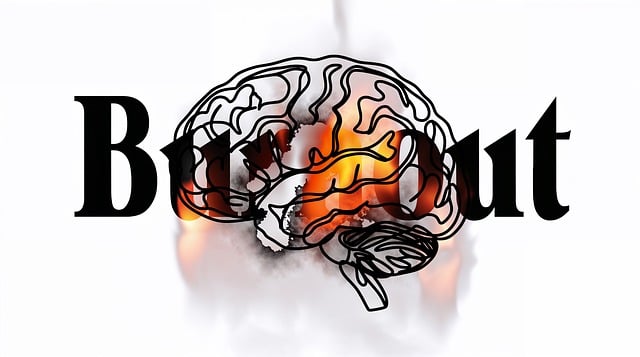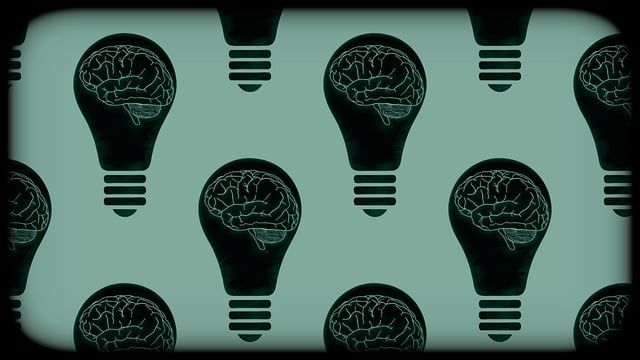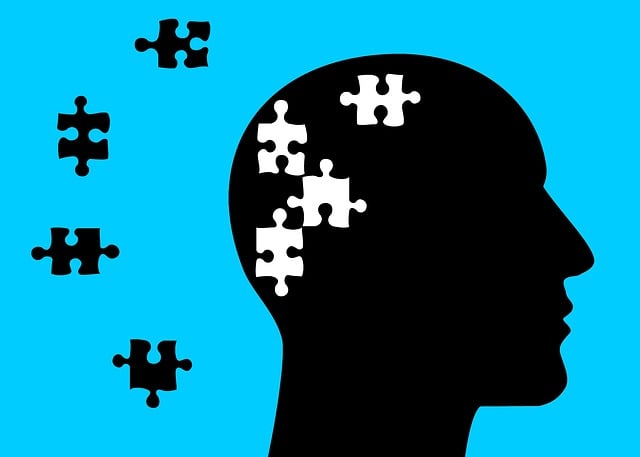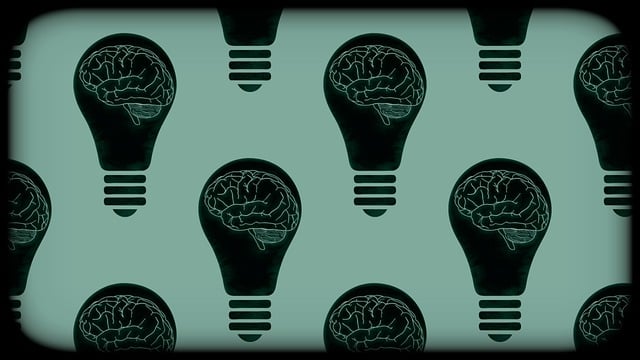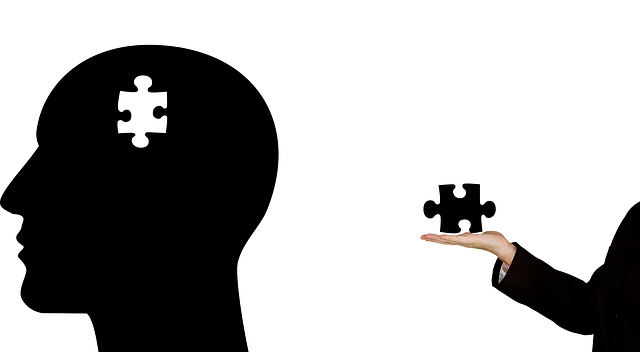Mental Health Crisis Hotlines provide 24/7 confidential support for acute emotional distress, de-escalation, and risk management, reducing stigma and serving as entry points to longer-term therapy. Englewood Couples Communication Issues Therapy focuses on interpersonal dynamics, empowering couples to resolve conflicts constructively and enhancing well-being. With digital advancements, online and in-person counseling options offer accessibility, while traditional therapy builds deeper connections. Education, support systems, and crisis intervention empower individuals to manage mental health crises, fostering inclusive communities through cultural competency training.
Mental health crisis hotline support services are a vital resource, offering immediate assistance during times of intense emotional distress. This article explores the critical role these hotlines play in providing aid to individuals facing mental health crises. We delve into the expertise of professionals who manage these lines, offering guidance and support tailored to various needs, including Englewood couples seeking communication help. Additionally, we compare traditional in-person therapy with online options and provide prevention strategies for managing crisis situations effectively.
- Understanding Mental Health Crisis Hotlines: A Lifeline for Many
- The Role of Professionals: How Counselors Help in Crisis Situations
- Englewood Couples and Communication: Unraveling Relationship Issues
- Therapy Options: In-Person vs. Online Support for Better Access
- Empowering Yourself and Others: Prevention and Coping Strategies
Understanding Mental Health Crisis Hotlines: A Lifeline for Many

Mental Health Crisis Hotlines serve as a vital lifeline for individuals grappling with acute emotional distress or mental health crises. These 24/7 services are designed to provide immediate support, offering a confidential space where people can express their struggles and receive guidance from trained professionals. Whether it’s depression, anxiety, suicidal thoughts, or relationship issues like those often experienced in Englewood Couples Communication Issues Therapy, crisis hotlines offer an accessible entry point to care.
Understanding the significance of early intervention, these hotlines not only help de-escalate immediate situations but also play a crucial role in risk management planning for mental health professionals. By handling crises proactively, they alleviate pressure on more intensive care settings and contribute to Mental Illness Stigma Reduction Efforts by fostering openness around mental health conversations. For those seeking a confidence boost or navigating complex emotions, the support from these hotlines can be transformative, offering a much-needed bridge to longer-term therapy and recovery.
The Role of Professionals: How Counselors Help in Crisis Situations

In moments of intense mental health crises, professionals like counselors play a pivotal role in providing immediate support and guidance. When individuals face acute distress or experience trauma, these experts offer Crisis Intervention Guidance tailored to their unique situations. Through active listening and empathetic engagement, counselors create a safe space for clients to express their emotions and fears without judgment. They help individuals navigate their thoughts, offering strategies to manage intense feelings and promoting a sense of calm.
At Englewood, couples facing Communication Issues often turn to therapy as a means of resolving conflicts and improving relationships. Counselors facilitate open dialogues, teaching effective communication skills that foster understanding and empathy. Moreover, with a focus on Mental Health Education Programs Design, these professionals empower individuals to recognize warning signs of mental health crises in themselves and others, enabling early intervention and better management of ongoing challenges. Trauma Support Services are also integral to their practice, ensuring clients receive specialized care for past or recent traumatic experiences.
Englewood Couples and Communication: Unraveling Relationship Issues

Englewood Couples and Communication: Unraveling Relationship Issues delves into the intricate dynamics of interpersonal relationships, often the first line of defense against mental health crises. Many couples struggle with communication barriers that can escalate into significant mental health challenges. Therapy for Englewood couples focuses on identifying these issues and fostering healthier interaction patterns. Through specialized therapy sessions, partners learn coping skills to navigate conflicts constructively, promoting emotional well-being and strengthening their bond.
This approach not only benefits individual mental health but also has implications for broader social support systems. Effective communication within relationships can lead to better family dynamics, community engagement, and even influence positive changes in mental health policy analysis and advocacy. By addressing communication issues at the root, Englewood Couples Communication Issues Therapy empowers individuals to manage stress, resolve conflicts, and build resilience together.
Therapy Options: In-Person vs. Online Support for Better Access

In today’s digital age, access to mental health support has evolved significantly, offering both in-person and online therapy options. Online counseling, including video calls and text-based platforms, has gained immense popularity due to its convenience and accessibility. This is particularly beneficial for individuals with limited mobility or those who prefer the anonymity of remote sessions. With cultural sensitivity in mental healthcare practice becoming increasingly important, many online platforms cater to diverse needs, ensuring a more inclusive environment. For instance, couples facing communication issues in Englewood can now explore virtual therapy, allowing them to work on their relationships from the comfort of their homes.
While online support has its advantages, traditional in-person therapy still holds value. Face-to-face sessions enable a deeper level of connection and emotional intelligence between therapist and client. In cases where individuals struggle with low confidence or complex issues, direct interaction can facilitate more effective healing. Thus, the choice between in-person and online therapy depends on personal preferences, accessibility, and the specific needs addressed, ensuring better access to much-needed mental health support.
Empowering Yourself and Others: Prevention and Coping Strategies

Empowering yourself and others is a key aspect of preventing and managing mental health crises. By understanding and practicing effective coping strategies, individuals can better navigate stressful situations and promote resilience. This involves recognizing early warning signs of distress and developing personal safety plans in collaboration with healthcare providers or therapists. Engaging in regular self-care practices, such as mindfulness meditation, physical exercise, and maintaining a balanced diet, are essential tools for mental well-being.
In the context of relationships, especially when dealing with couples communication issues, therapy plays a pivotal role in crisis intervention guidance. Effective communication strategies learned through therapy can help partners support each other during challenging times. Additionally, healthcare provider cultural competency training ensures that individuals from diverse backgrounds receive sensitive and culturally responsive care. This holistic approach to mental health empowers people to take charge of their well-being and foster supportive environments both personally and within communities, such as Englewood.
Mental health crisis hotlines play a vital role in supporting individuals facing acute distress, offering immediate assistance and guiding them towards long-term well-being. As demonstrated, professionals on these lines provide essential resources for navigating crises, while specialized services like Englewood Couples and Communication address relationship issues through therapy. By leveraging both in-person and online therapy options, access to mental health support is enhanced, empowering individuals to take control of their mental health. Ultimately, understanding crisis hotlines and adopting prevention strategies are key to fostering a healthier, more resilient community, with Englewood couples communication issues as a notable area for improvement.

